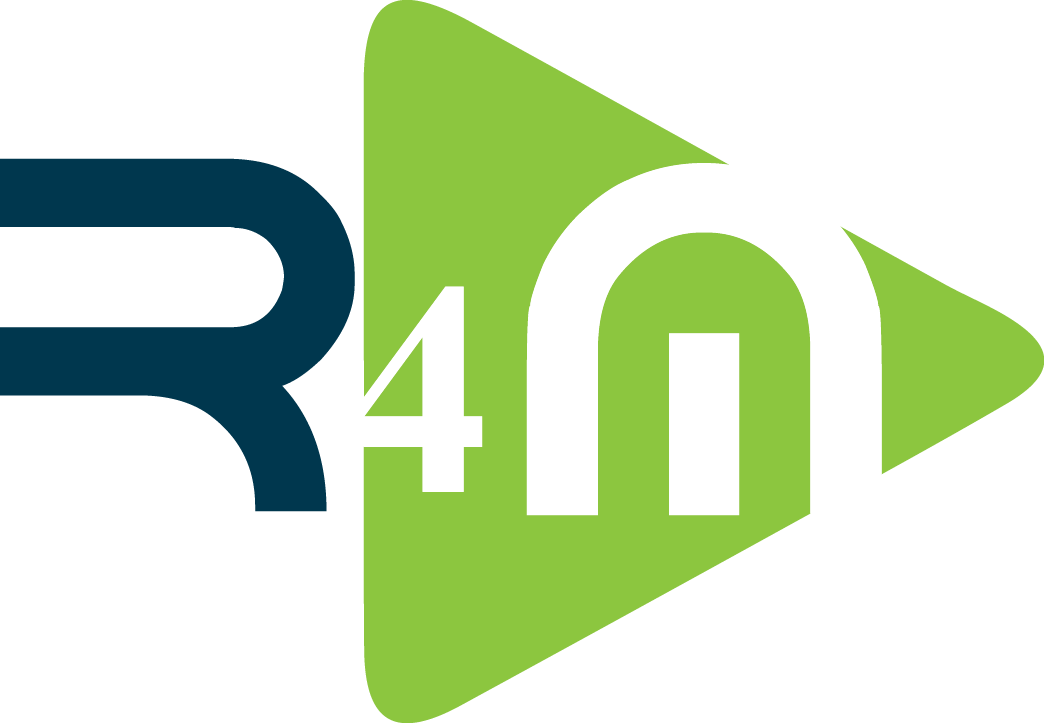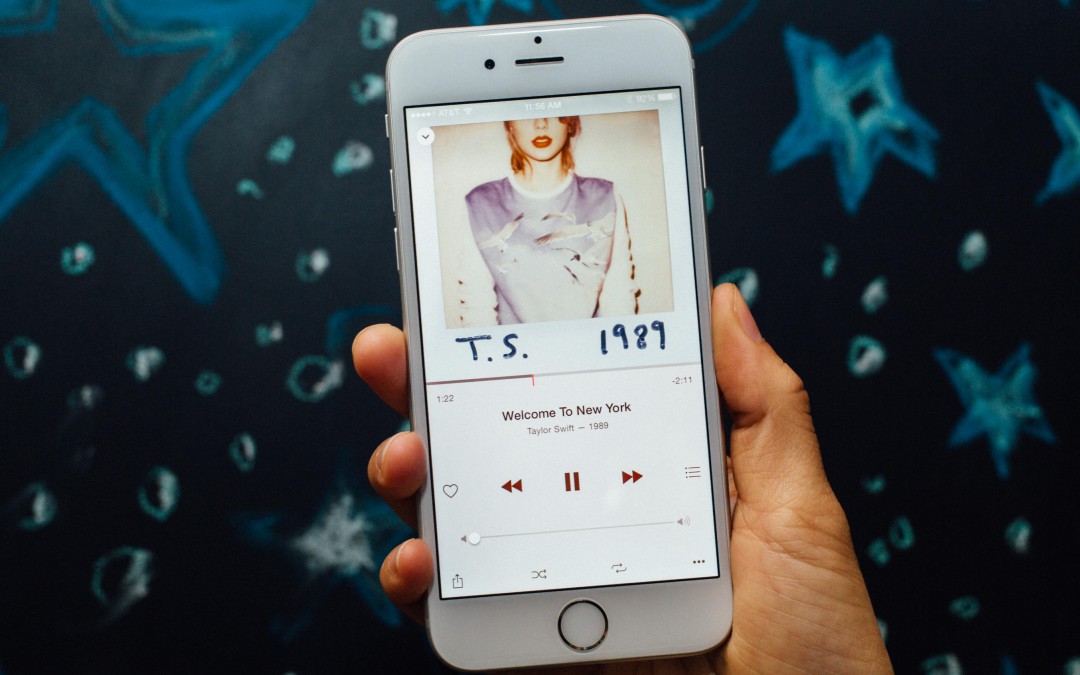Much has already been said about streaming services’ payouts to right holders. Proponents claim that the new digital age is a blessing for both individual artists and the music industry as a whole. Opponents claim that streaming services, free streaming services in particular, are killing the music industry with fractional payouts.
Either way, there is another quite large group of music industry professionals whom are not pleased with the shift from physical to digital sales. For once, it has nothing to do with money, or at least not at first glance.
Unlike in the physical sales era, digital music services offer no list of credits for the work and use of professionals intellectual property rights. For instance, think about the artwork used or the producer of a track. Try to find information regarding who produced a track on Spotify, Apple or any other digital music platform and chances are great that you will end up with no information at all.
It may seem harmless, but these professionals feel justly unrewarded for the legal right of attribution of their names. Without a proper credit for their work, it is much harder to get positive references and expand their business. Further, the lack of creditability threatens the creativity in the industry and potential new partnerships.
As a result, music industry professionals will lose money in the long-run. How are they ever going to get paid a fair price for their work if the quality of their work is not recognizable or at least very hard to determine by others?
The answer is obvious: they are not!
Dutch producer Gordon Groothedde confirms the lack of creditability for music industry professionals by digital music services and the potential threats for the industry. “There is really something to be done in the near future” he says.
So, what can be done in order to get these digital music services to collaborate with ‘other-music right holders’ in the future? Up until now, companies like Spotify have been unwilling to collaborate with music industry professionals to start crediting them for their work.
Legislation on this topic is a bit unclear. For example, in the Netherlands the law prescribes that “the maker of one work could object to publishing his/her work without any credit to his/her name, unless the maker’s claim is unreasonable.”
The definition of unreasonable is still undefined and subject to interpretation. Is it reasonable for music industry professionals to demand digital music services to credit them for their work or is it a claim that will cause an unreasonable amount of work?
Digital music services will obviously argue that a claim to credit makers for the use of their work will demand an unreasonable amount of work. In my opinion, it is rather unfair that there is no credit at all for their work and there should not be a difference in credits for physical sales (extensive credit list) and digital sales (no credit list at all). And does mentioning a maker’s name cause an unreasonable amount of work for digital platforms? I think not.
Nearly all information regarding the names and credits is known and available, for example through the record labels. It seems more a matter of willingness than a matter of technical possibility for the digital services.
Is there something that can be done? Individually, music industry professionals seem powerless in their fight to claim a credit for their work and use of intellectual property rights. No one would dare go after Spotify or Apple themselves. Collecting agency societies are not likely to fight this battle for right holders (e.g. producers) as well. If they ever going to succeed, the music industry professionals need to work together in order get Spotify, Apple and others rewarding credits for their work.
Here is one idea. Perhaps an international accessible database that synchronizes with the digital platforms is an option to think about and develop in the future? Such a database could also reduce digital music services’ ‘workload’ to process the information.

